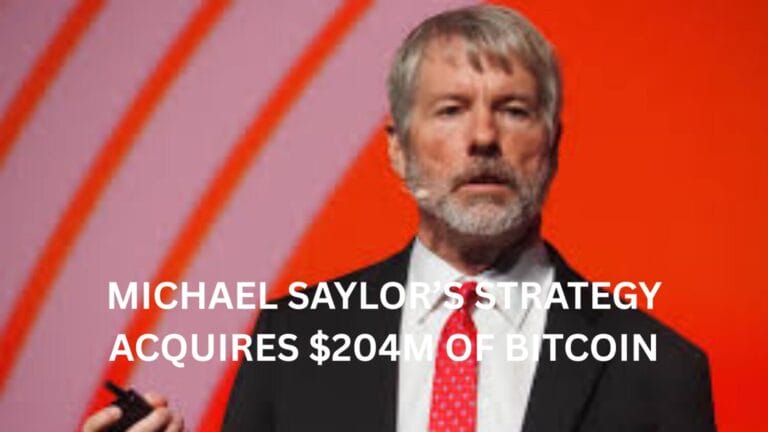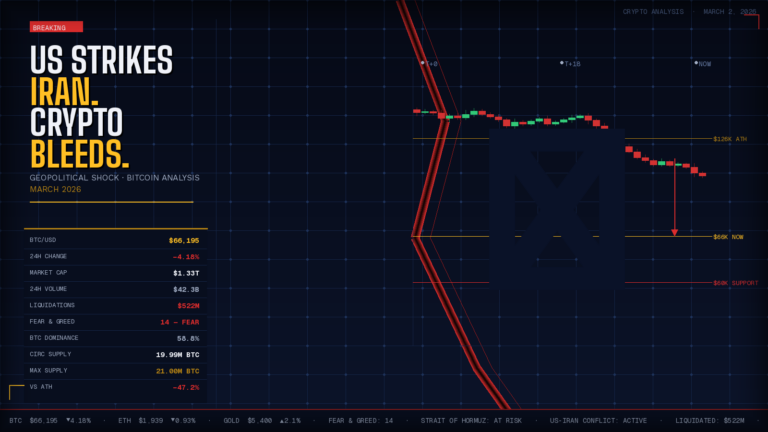Key Takeaways
- Plaintiffs allege OpenSea misled them and other buyers by not properly moderating its listings, leading to purchases of what they now dub as “worthless” assets.
- The lawsuit also alleges that OpenSea unjustly profited by collecting transaction fees from the sale of these unregistered securities. T
Two users have filed a class-action lawsuit against NFT marketplace OpenSea, alleging the platform facilitated the sale of unregistered securities. The lawsuit, filed in a Florida federal court on September 19 by Anthony Shnayderman and Itai Bronshtein, claims that NFTs they purchased, including tokens from the Bored Ape Yacht Club (BAYC) collection, are now worthless due to their alleged illegal status.
The plaintiffs argue that OpenSea’s role in selling these NFTs falls under U.S. securities laws. They refer to the Howey Test, which is a legal framework used by the US Supreme Court to determine if a transaction is an investment contract and should therefore be regulated as a security.
According to Shnayderman and Bronshtein, the NFTs they bought were part of a common enterprise, and they expected profits driven by the work of others—key indicators that, under the test, would classify these tokens as unregistered securities.
The lawsuit follows a Wells notice that OpenSea received from the U.S. Securities and Exchange Commission (SEC) in August, stating that it intends to pursue enforcement action against the marketplaceThe plaintiffs highlight this notice, arguing it demonstrates that OpenSea is already under regulatory scrutiny for its role in the NFT market.
Shnayderman and Bronshtein also point to recent SEC actions against other NFT projects, such as Stoner Cats 2 and Impact Theory, where the regulator ruled that the tokens sold were unregistered securities. They claim OpenSea misled them and other buyers by not properly moderating its listings, leading to purchases of what they now dub as “worthless” assets.
The lawsuit also alleges that OpenSea unjustly profited by collecting transaction fees from the sale of these unregistered securities. The plaintiffs believe the platform breached a user warranty, which stated it would ensure compliance with U.S. securities regulations.
Adam Moskowitz, the plaintiffs’ attorney, emphasized the need for clear regulatory frameworks in the rapidly evolving NFT space. “There should be a process to sell NFTs in a well-regulated environment,” Moskowitz said in a statement.
SEC has been cracking down on NFT marketplaces for quite some time. Earlier this month, the SEC imposed a $750,000 fine on the restaurant Flyfish Club for offering NFTs, alleging that they “conducted an unregistered offering of crypto asset securities” by selling 1,600 NFTs to US investors.In the last one year, SEC has also pressed similar charges against NFT projects Impact Theory and Stoner Cats 2.









